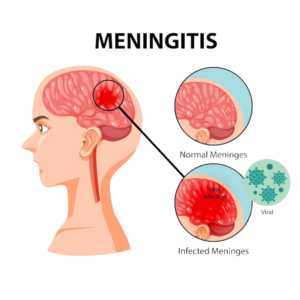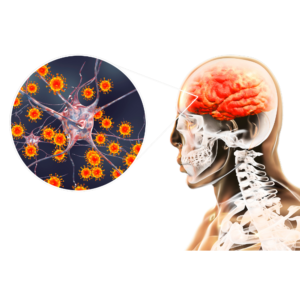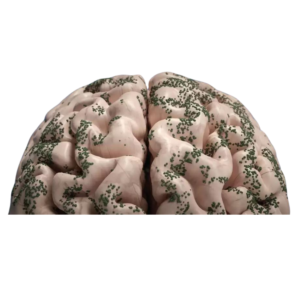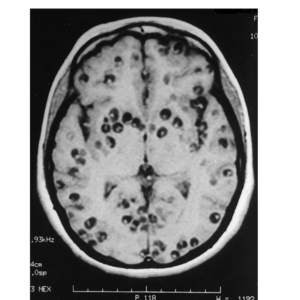- Home
- About Us
- Doctors
- Specialties
- Bariatric Surgery
- Bone Marrow Transplant
- Cancer
- Cardiology
- Cardiovascular And Thoracic Surgery
- Critical Care Medicine
- Dental Surgery
- Dermatology & Cosmetology
- Diabetic Foot Care
- Ear, Nose & Throat
- Endocrinology
- Fetal Medicines
- Gastroenterology
- General Medicine
- General Surgery
- HPB & Gastrointestinal Surgery
- Interventional Radiology
- IVF
- Kidney Transplant
- Laparoscopic Surgery
- Liver Transplant
- Medical And Hemato Oncology
- Neurology
- Neuro & Spine Surgery
- Nephrology And Dialysis
- Nuclear Medicine
- Orthopedic
- Ophthalmology
- Obstetrics And Gynecology
- Pathology Laboratory
- Pediatric
- Peripheral Vascular And Endovascular Surgery
- Physiotherapy and Rehabilitation
- Plastic Reconstruction
- Plastic & Cosmetic Surgery
- Pulmonary Medicine
- Radiation Oncology
- Radiology
- Robotic Surgery
- Surgical Oncology
- Urology
- Facilities
- Patient Area
- Testimonials
- Media
- Contact Us
Neuro-Infectious Disease
Infectious Mastery, Neurological Excellence
At Universal Hospital, our team of infectious disease specialists, neurologists, and neurosurgeons collaboratively work to provide advanced care for individuals facing neuro-infectious diseases. If you or a loved one require evaluation, diagnosis, or treatment, please contact us for a consultation. Together, we can navigate the complexities of these conditions and work towards optimal neurological health.
Understanding Neuro-Infectious Diseases
Neuro-infectious diseases are a group of disorders caused by infections affecting the nervous system. These conditions can lead to a range of neurological symptoms, requiring careful diagnosis and timely intervention. This guide provides an overview of neuro-infectious diseases, their causes, symptoms, diagnostic approaches, and potential treatments.
Types of Neuro-Infectious Diseases
Meningitis
- Definition: Inflammation of the membranes surrounding the brain and spinal cord.
- Causes: Viruses, bacteria, fungi, or parasites.
- Symptoms: Headache, fever, stiff neck, and, in severe cases, neurological complications.
- Treatment: Antibiotics or antiviral medications, depending on the cause.


Encephalitis
- Definition: Inflammation of the brain tissue.
- Causes: Viruses (herpes simplex, West Nile), bacteria, fungi, or autoimmune reactions.
- Symptoms: Fever, headache, confusion, seizures, and altered consciousness.
- Treatment: Antiviral medications, immunotherapy, supportive care.
Neurocysticercosis
- Definition: Infection of the brain by the larvae of the pork tapeworm.
- Causes: Consumption of contaminated food or water.
- Symptoms: Seizures, headaches, and in severe cases, neurological deficits.
- Treatment: Medications to kill the parasite, sometimes surgery.


Neurosyphilis
- Definition: Infection of the central nervous system by the syphilis bacterium.
- Causes: Untreated syphilis infection.
- Symptoms: Cognitive impairment, headaches, and neurological deficits.
- Treatment: Antibiotics, usually administered intravenously.
Diagnosing Neuro-Infectious Diseases
Accurate diagnosis is crucial for effective management.
- Clinical Evaluation: Detailed medical history and physical examination.
- Laboratory Tests: Blood tests, cerebrospinal fluid analysis, and serological tests.
- Imaging Studies: CT scans or MRIs to identify structural abnormalities.
Treatment Strategies
- Antimicrobial Medications: Antibiotics, antivirals, or antifungals based on the specific infectious agent.
- Immunomodulatory Therapies: Used in certain cases of autoimmune-related neuro-infectious diseases.
- Supportive Care: Addressing symptoms and preventing complications.
Prevention and Public Health Measures
- Vaccination: Preventive vaccines against certain infectious agents.
- Hygiene Practices: Proper sanitation and food safety measures.
- Vector Control: Managing vectors that transmit infections.



